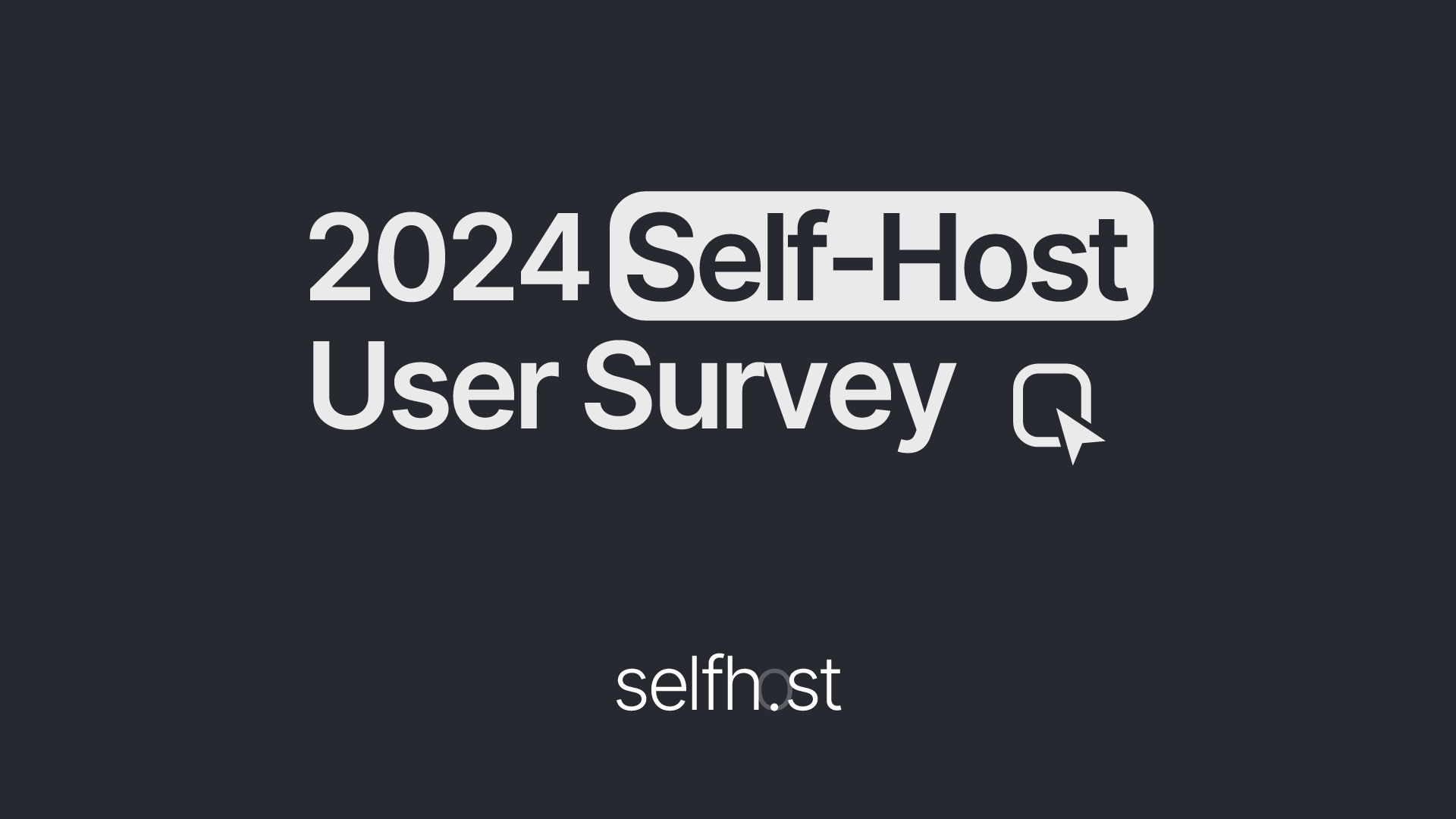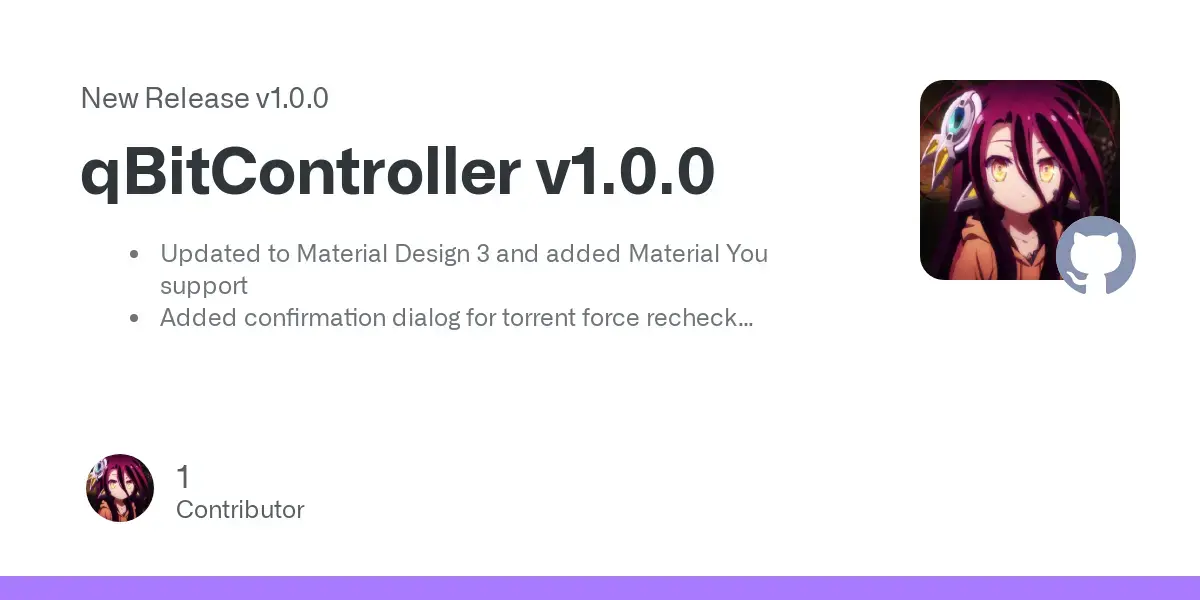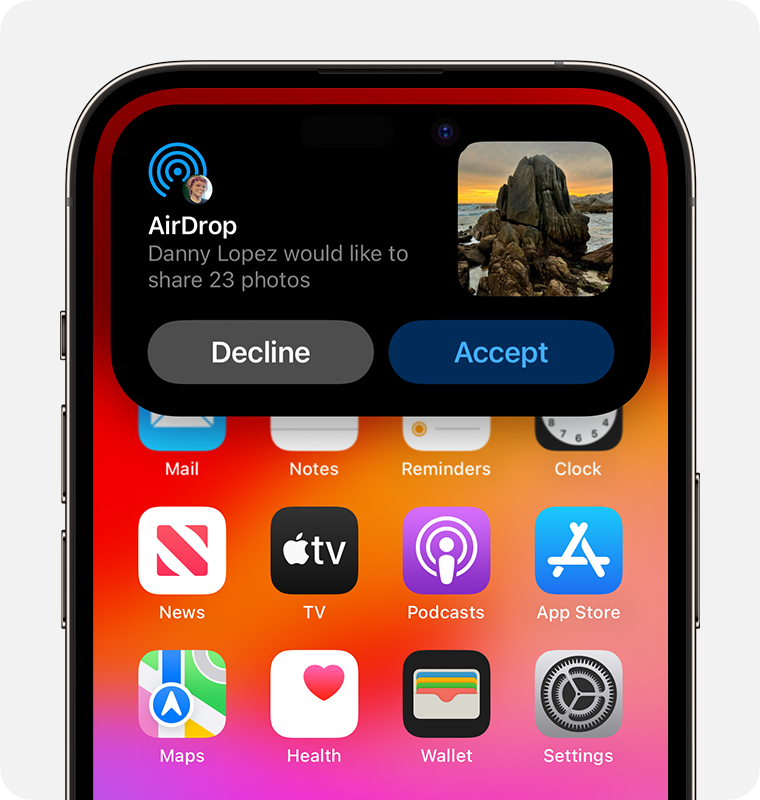

Title
:::Torrent sites also have the issue of being centralised by having a domain and servers at some place. Imo the reason torrent sites are targeted less is that they are more inconvenient and thus less of a focus for anti-piracy groups. They generally focus on the most prominent way to infringe on their copyright.
Given the increase in piracy services taken down lately, I wouldn’t be surprised if a torrent site was hit at some point too. Unfortunately ;)










Unless they are taken down, it won’t be an issue. Given they’ve existed for a good while it’s unlikely to cause a problen. Even then, hopefully they delete your payment details after a few weeks/months.
If not, paying = assisting a criminal organisation could be a crime depending on your jurisdiction. But most of the time customers aren’t prosecuted, but that can change at any point in time.